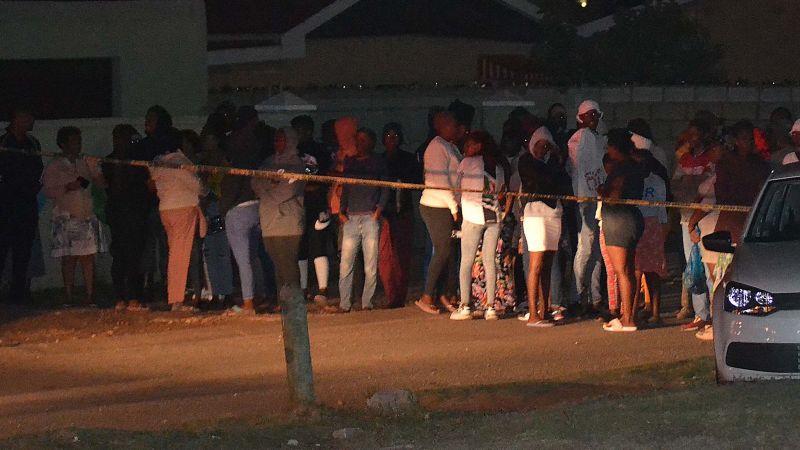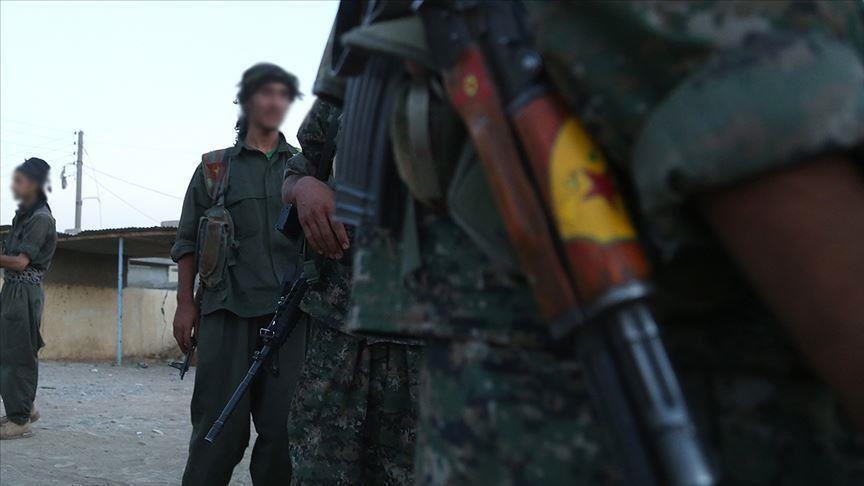Germany must change to thwart terror
But to fully assist the United States while protecting its own people, Germany also may have to update some of its laws about governing police and secret service powers.
Germany’s laws and constitution decentralize police and intelligence authority, while restricting the ability of agents to easily obtain private information about potential suspects. The curbs against strong state authority are understandable as they were created largely as a reaction to the murderous tactics employed by the SS and the Gestapo under Hitler. They are reinforced by the still-fresh memories of the massive web of spies employed by the East German secret police. Today, each of Germany’s 16 states operates a police and intelligence service and establishes its own rules. The standards governing when state secret service agencies can employ wiretaps or computer-assisted sweeps could be quite different in Berlin than they are in Hamburg. Germany has a well-funded secret service agency, known by the initials BND, as well as a federal police force. But strict rules hamper information-sharing between the two agencies. "They don’t even talk to each other," said Joffe. Wilhelm Schmidbauer, the chief of the Bavarian police, said Germans tend to view security not as part of liberty, "but as an opposite of liberty."
Many take advantage of liberal asylum laws that were established here after World War II. Schmidbauer noted one case involving someone who was convicted of political murder in Turkey who was then able to successfully claim political asylum in Munich. The case is still in the German courts. Forgery also makes it difficult to figure out who has a legitimate right to be in Germany. "If someone comes from Yemen, it’s very hard to tell if the paper is real," he said. One solution could be biometric identification techniques, but such measures would likely provoke fierce public opposition. Immigrants seeking asylum in Germany sometimes shop around among several European countries under various names and spellings, further confounding authorities. Some of the terrorist suspects from Hamburg showed up under as many as 15 aliases in police files.
Religious liberties
Religious liberties, protected in Germany as they are in the United States, made authorities reluctant to gather intelligence on the mosques that turned out to be breeding grounds for terrorist Islamist groups. Schmidbauer said the imam of a mosque in Berlin and another in Augsburg ended weekly services with the phrase, "Death to all Christians." In hindsight, security officials in Hamburg acknowledge, they spent so much energy focusing on neo-Nazis and other right-wing extremists that they overlooked the threat posed by Islamic militants. Hamburg authorities insist that they are now in a better position to monitor what is going on in the city’s mosques. Parts of Germany’s governmental infrastructure — set up in a time of fear of central authority — are clearly intended not to facilitate police work, but to inhibit it. Germany has 16 data protection officers, appointed by the parliament, whose job it is to keep the government from snooping on its citizens. One such information protection officer, in Hamburg, said he opposed requiring phone companies to keep their phone records for longer than six months, saying it was unfair to innocent citizens. But without such records, it would be difficult for the government to track down terrorists once they get a legitimate lead.
Ronald Schill, the right-wing deputy mayor of Hamburg who was elected on a law and order platform, estimates that there are 32,000 Muslim extremists in Germany, and calls the police and intelligence agencies people "with their eyes and ears shut" because of the legal constraints. Berlin has taken important steps, including enacting two anti-terrorism packages pushed through by the government’s tough interior minister, Otto Schilly. These addressed some of the most glaring weaknesses in the German system, by allowing the government to prosecute members of certain terrorist-types of organizations based overseas, rather than simply domestic groups that may be plotting illegal activities in Germany.
Jürgen Weidemann, who deals with police affairs and counter terrorism in the German Interior Ministry, said the government had made sufficient changes since the Sept. 11 attacks. "Would it be easier to fight terrorism with a Gestapo?" he asked, "It is easier in a free society to get these problems solved."
No siege mentality
Though there was an outpouring of sympathy for the United States after Sept. 11, Germany shows few of the signs of the state-of-siege mentality that has gripped many Americans. When the head of Germany’s secret police warned in a recent television interview that an attack was likely here within the next one or two years, the German press criticized him for needlessly alarming citizens.
Germans, said Christian-Ludwig Weber-Lortsch, who heads a division of bilateral relations in the German Chancellory, view Sept. 11 somewhat like a natural disaster. "They’re afraid," he said, "but I doubt whether the majority of our country understood the political dimension." Germany had chilling experiences with domestic terrorism in the 1970s, and a group consisting mainly of German tourists was killed in a recent attack at a synagogue in Tunisia, but caution and self-doubt still characterize the security debate here. Asked whether the German public was prepared for a possible attack on its own soil, Schmidbauer, the Bavarian police chief, answered with a "double no." "We underestimate the danger," he said. "We live in the [imagination] that this is really far away." Geoff Earle is a reporter in Washington for National Journal’s Congress Daily. He recently completed a fellowship in Germany for the American Council on Germany.



